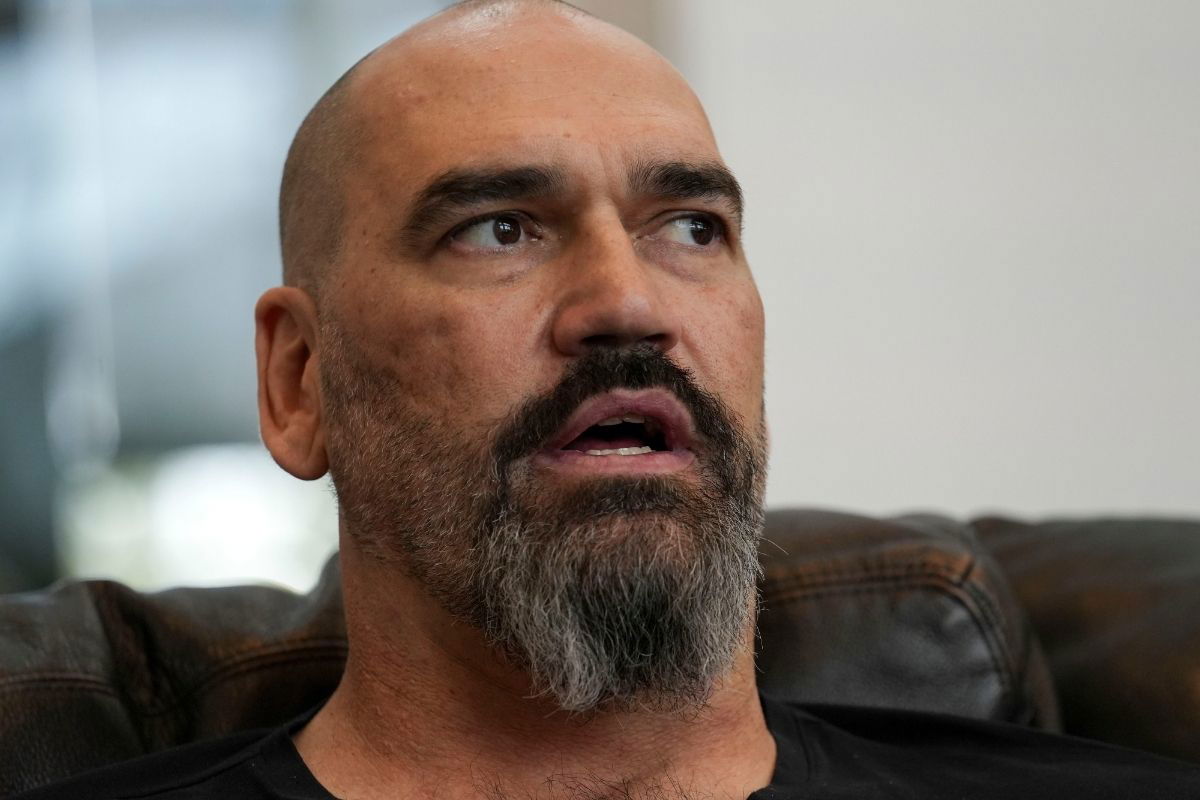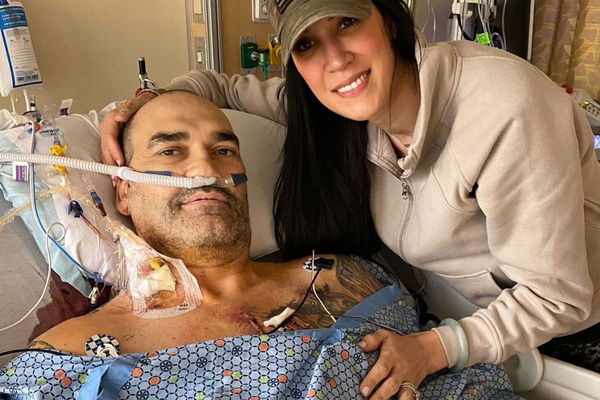
Imago
Credits: Imagn

Imago
Credits: Imagn
A single heartbeat—just one—can mean the difference between life and death, and former NBA star Scot Pollard now knows better than most. The 2008 NBA champ from the Boston Celtics is now living each day with something far more precious than an NBA chip: a second chance at life beating inside his chest. Throughout his 11 seasons in the league, Pollard’s 6-foot-11 frame symbolized strength and endurance. From jumping for rebounds to battling in the paint, his body never gave away what was quietly ticking beneath the surface—a genetic heart condition that remained hidden for years.
Watch What’s Trending Now!
And in the end, his life would hinge on something incredibly rare: a donor whose heart could physically and medically fit a man of his stature. When his condition advanced to end-stage heart failure, the only way forward was a transplant. But even in that desperate moment, the story took a turn that even he couldn’t have imagined. Reflecting on this life-altering gift, Pollard didn’t hold back his gratitude.
“I’m hoping that the [donor’s] family is receptive. I don’t know how long we have to wait to reach out, but I’m hoping that they will want to meet with us so that we can show them our appreciation. You know, one person can save a lot of people’s lives and be a lot of people’s heroes. It’s not just heart, you know. You can be a lot of people’s heroes. And so obviously, we’re appreciative,” Pollard, stretched in a hospital bed, narrated his emotions while speaking to ESPN.
ADVERTISEMENT
In that room, heavy with emotions and machines, the heart that beat Pollard’s blood was donated by Casey Angell, a 45-year-old heavy-equipment operator from Lindale, Texas. Standing 6-foot-3 and sharing Pollard’s blood type, Angell was a match so rare it could only be called extraordinary. He’d been fighting respiratory issues and passed away due to pneumonia. His family, through their grief, made a choice that would save Pollard’s life. And in doing so, Casey became one of 174 donors whose gifts led to transplants at Vanderbilt in 2024—a figure that set a world record for the most heart transplants by any single center in a year.

Imago
Scot Pollard in hospital
But this isn’t just a story of medicine—it’s one of connection. Even after the surgery, Pollard found himself consumed by the same question that lingers in so many transplant recipients’ minds: whose heart now beats inside me? Because of Vanderbilt’s protocols, communication between families had to be carefully guided. Letters were exchanged. Names weren’t revealed. But once Angell’s family responded, two very different lives became forever intertwined.
ADVERTISEMENT
Now, both families are united—not just in loss and gratitude—but in purpose. Together, they’ve stepped forward to champion the cause of organ donation. And Scot Pollard is not driven by just his own experience, but also by what his father had to endure.
ADVERTISEMENT
Scott Pollard’s father could not get the savior the former NBA star did
For Scott Pollard, what he went through wasn’t just a medical crisis—it was something that struck deep within. It all felt strangely familiar, almost like life had come full circle in the most haunting way. Pollard couldn’t help but remember what happened back in 1990. His father—also a giant in his stature, as he described—lost his life while waiting for a heart transplant. Pollard was only 16 then, and that memory never truly left him.
Years later, he made a name for himself, spending four seasons with the University of Kansas Jayhawks before entering the NBA in 1997. But even with success on the court, the shadow of his father’s fate stayed close. That’s why he never skipped those checkups. In early 2021, everything looked good—until it wasn’t. Just months later, he found himself in the ER, unable to walk across the room. “Because I couldn’t get up and walk across the room,” he said. “I was passing out.”
His heart was failing. Doctors tried three separate ablations to correct his arrhythmias and implanted a defibrillator. Then, the most dreaded conversation began—he needed a heart transplant. “I was terrified,” Pollard said. “It was always in the back of my head, you know, I was the last person in my family to see my dad alive.” Having escaped the tragic fate himself, Scot Pollard is now making sure no one has to go through what he and his father as a family did.
ADVERTISEMENT
ADVERTISEMENT
ADVERTISEMENT
ADVERTISEMENT

